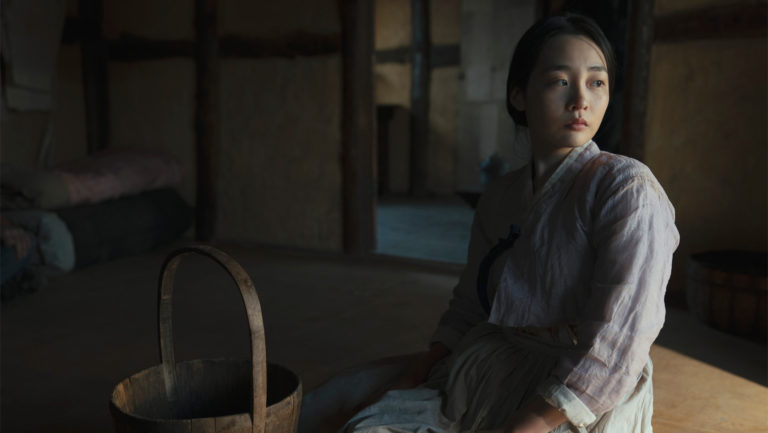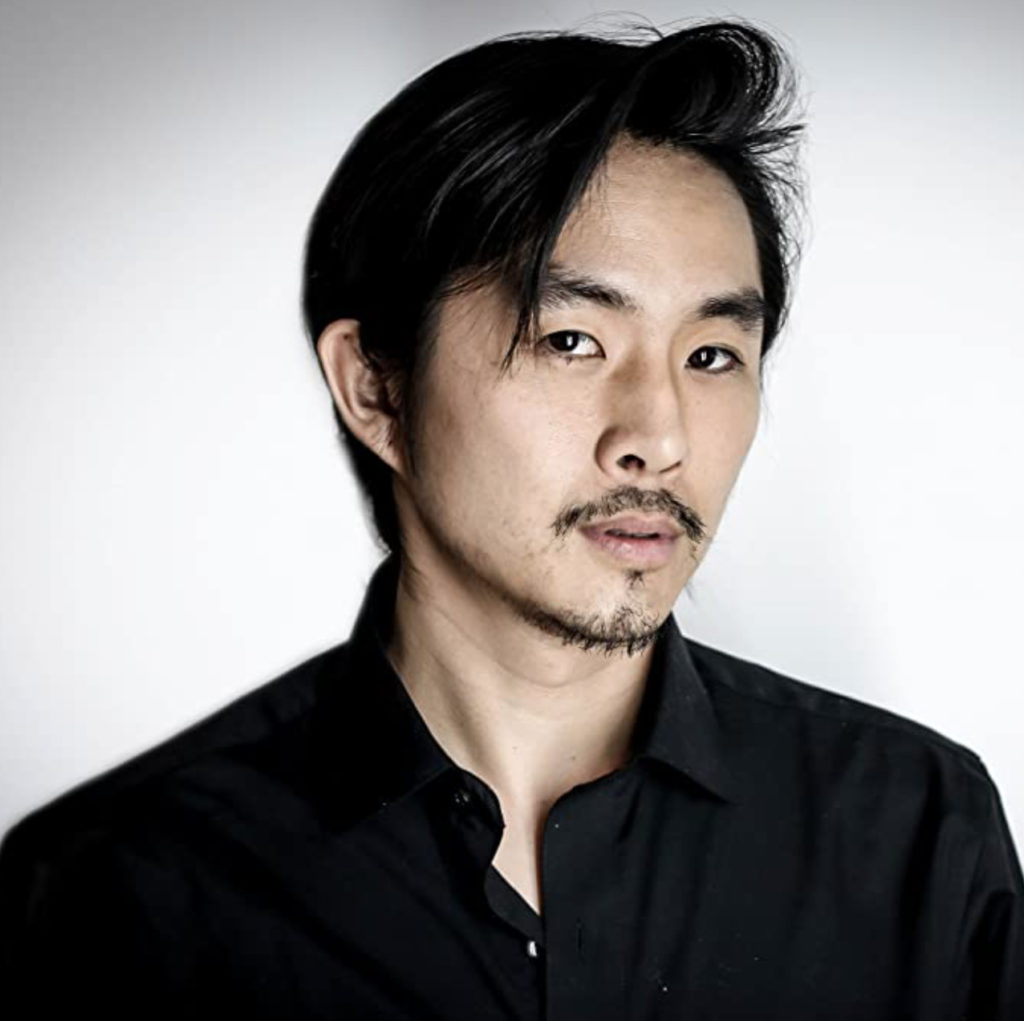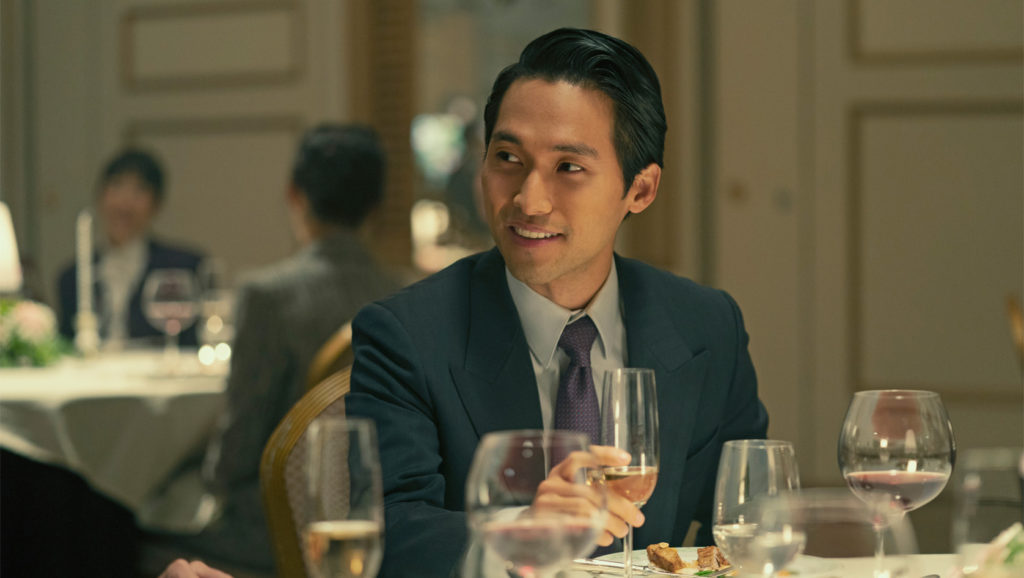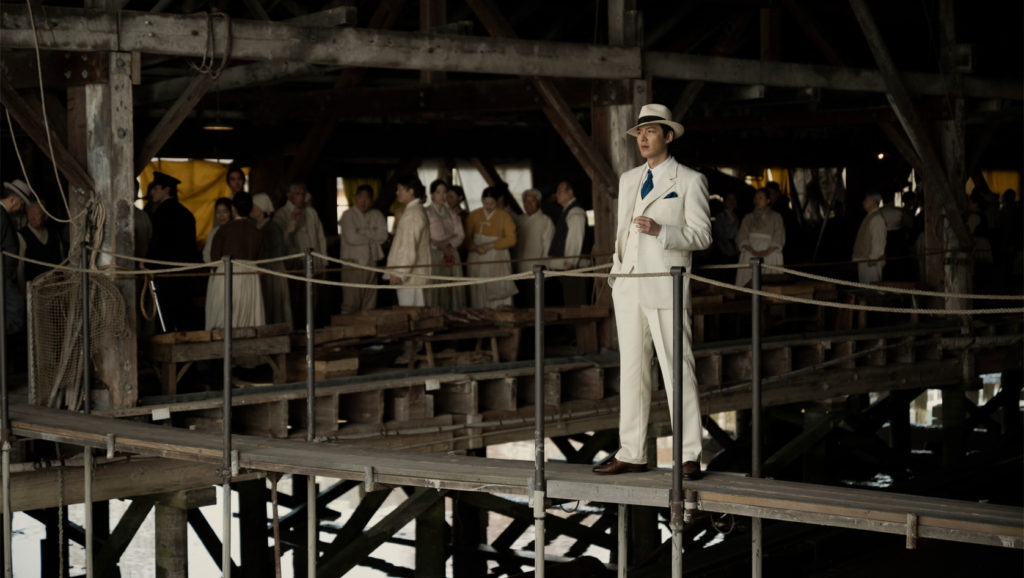
Synopsis : One of the most anticipated series will be released on Apple TV+ March 25, An epic historical tale based on the New York Times best-selling novel by Min Jin Lee. The history dates back to 1910-1990, originating in the Japanese occupation of Korea and leading to the globalization of Japan in late 1980s. At its heart is about a Korean Family who was forced by circumstance to immigrate to Japan to become a Zainichi(Korean lives in Japan)Family, and their struggles against poverty and discriminated are told in Korean, Japanese and English as each generation mingles with a new culture.
The family saga centers on a teenager Sunja(played by a newcomer Kim Minha) who grew up in a Korean fishing village to her years as the mature head of a household (played by the Oscar winner, Youn Yuh-jung). Her grandson Solomon (Jin Ha) anchors the later storyline in 1980s, having arrived in Tokyo from New York in order to close a business deal, where he runs into some friction with Japanese coworker Naomi (Anna Sawai) will struggling with some past family secrets that haunt his present. I had a chance to interview with co-director Justin Chon who gave us some incredible insights how this epic series done.

Exclusive Interview with Director Justin Chon
Q: This series covers regular people in a community. What struck you about Min Jin Lee’s book that fascinated you, and how did you decide to do this project?
JC: I think the source material, the novel, is incredibly moving and beautiful, and I felt that it was an important piece of literature for our community. It also tells stories that we have not heard in the mainstream. I got involved with the project because they contacted me. I read the scripts and thought they were beautiful. I felt it was an important, impactful piece of work. I’m always trying to see if the work I’m doing is just entertainment or if it actually has some social commentary to it, and I think this actually does. There are a lot of avenues to explore with this story and for us to have an open dialogue.
Q: How did you cast Minha Kim and Jin Ha, to play the two lead characters? Minha’s performance was really devastating. It was amazing that you cast her in this series. What was the process of casting her?
JC: Yeah, it was very obvious that she was born for this role. We saw a lot of talented actresses. She sent in a tape and her tape was phenomenal. You know, sometimes you talk about – you know it’s more than just technique or physical appearance. She had a separate “it” factor that I think was perfect for this project. I thought that she had a real gravitas, in a sense, of wisdom that naturally comes across on the screen. So for me, there was no question she was the right choice for playing the character.
In terms of Jin Ha, I’ve been tracking his career since he came on the scene and have always thought he was so talented whether it was “Love Life” or “Devs” — or whatever projects he’s done. He’s so accomplished, he’s been on Broadway; he’s a true stage actor. I’ve always admired him.
Min-Ho is such a veteran on the Korean drama scene, so it was exciting to see what he would bring to this role. Of course, “YJ” — Youn Yuh-jung — is a legend in Korea and her reputation precedes her.

Q: What’s great about this series is that it has its roots in mothers. The Sunja character said to Isak, “No matter how hungry I get, my child will be fed and loved no matter what the situation or circumstances.” How did you convey that mother’s eternal love?
JC: It starts with the scripts, which are wonderful and so well written. I was able to bring to the project are those visual moments which have no dialogue, I filmed Sunja’s mother buying the rice, scooping the rice; we also had that scene where she’s bringing the rice to Sunja and Isak on their marriage night, and before she gets to the door and she kneels down.
I thought that could be a really powerful moment even though it’s not scripted. Visually, it’s taking a moment in that scene for her to realize that she’s sending off her daughter. This will be the last night she spends as her daughter being her daughter, only her daughter, and then there’s that transition of Sunja becoming a wife.
With moments like that — Sunja herself also being a mother — filming those scenes and the specific details of how she handles her son, is what I try to concentrate on.
Q: How did you collaborate with director Kogonada? This series goes from past to present, which is actually the ’90s. How did you map out the sequences so seamlessly together with Kogonada? Because you both had the same feeling coincidentally, but you intentionally put it together. To feel both at the same time, they had the same feeling. So it’s actually carefully crafted. So could you talk about working with Kogonada?
JC: What’s funny is Kogonaga and I have known each other for a few years now. We were at Sundance at the same time in the same section, so I’ve been able to watch his work. It was carefully consider between the two of us. We understood we were bringing different things to the table, and in that sense I think it was quite liberating, because I understood why I was there.
I understand that I’m being brought up for my style and my way of making films. He’s also setting up the series. I’m a huge fan of his. When I was considering some of the visual language for my episodes, there were elements that I felt I wanted to take from his style of storytelling and infuse it into mine. Most specifically for older Sunja’s story line, I tried to lock off the camera and not move it too much. It was more composed and patient, which is a departure from what I usually do.

Q: I have a very little knowledge about Japan and Korea when Japan actually colonized Korea. We didn’t get learn much in school except when you are taking a specific history class. How much did you know about this because you mostly grew up in the U.S.? How did it affect you?
JC: Yeah, being born and raised in the U.S., I had only really gotten a sense about history when I would visit Korea. But then I got a lot of stories from my dad’s mom – my grandmother on my dad’s side. She was alive during this time, the 1910s, and she could speak fluent Japanese. So I heard a lot of stories from her.
But of course, how much can you get from that, these stories passed down? That was something else that was really exciting about doing this project: diving more deeply and learning the history of these times.
Also, what it’s like to be a Korean immigrating to Japan I thought was very interesting and enlightening as well, because I didn’t know that much about “Zainichi” [“residing in Japan”]. Of course I knew that word, and I knew some stories of experiences, and I have a lot of Zainichi friends, actually. But you know, as friends, you’re not going to talk that deeply about it. Usually It’s very surface.
Q: This series is really epic: four generations in one series. It’s so spread out, and there are so many stories going on. But the core story is a common one, and the theme is mother love, the passing of a generation, a story told to understand the history. What do you want the audience to take away from it?
JC: I just want people to empathize. I want them to be moved emotionally and feel for this particular story and the people within this story. There are so many beautiful story lines. I’d love for people to be emotionally moved by everybody, and to ultimately see their own stories within this narrative. I think [that] would be beautiful.
Check out more of Nobuhiro’s articles.
Here’s the trailer of the film.

